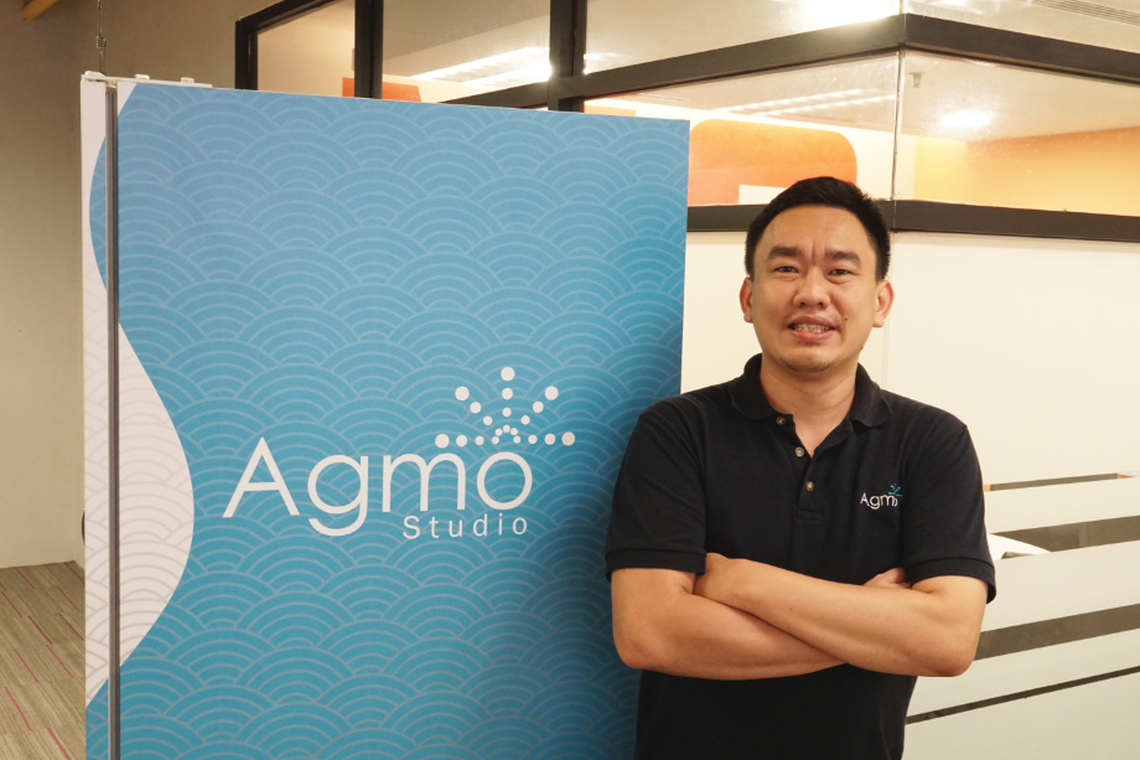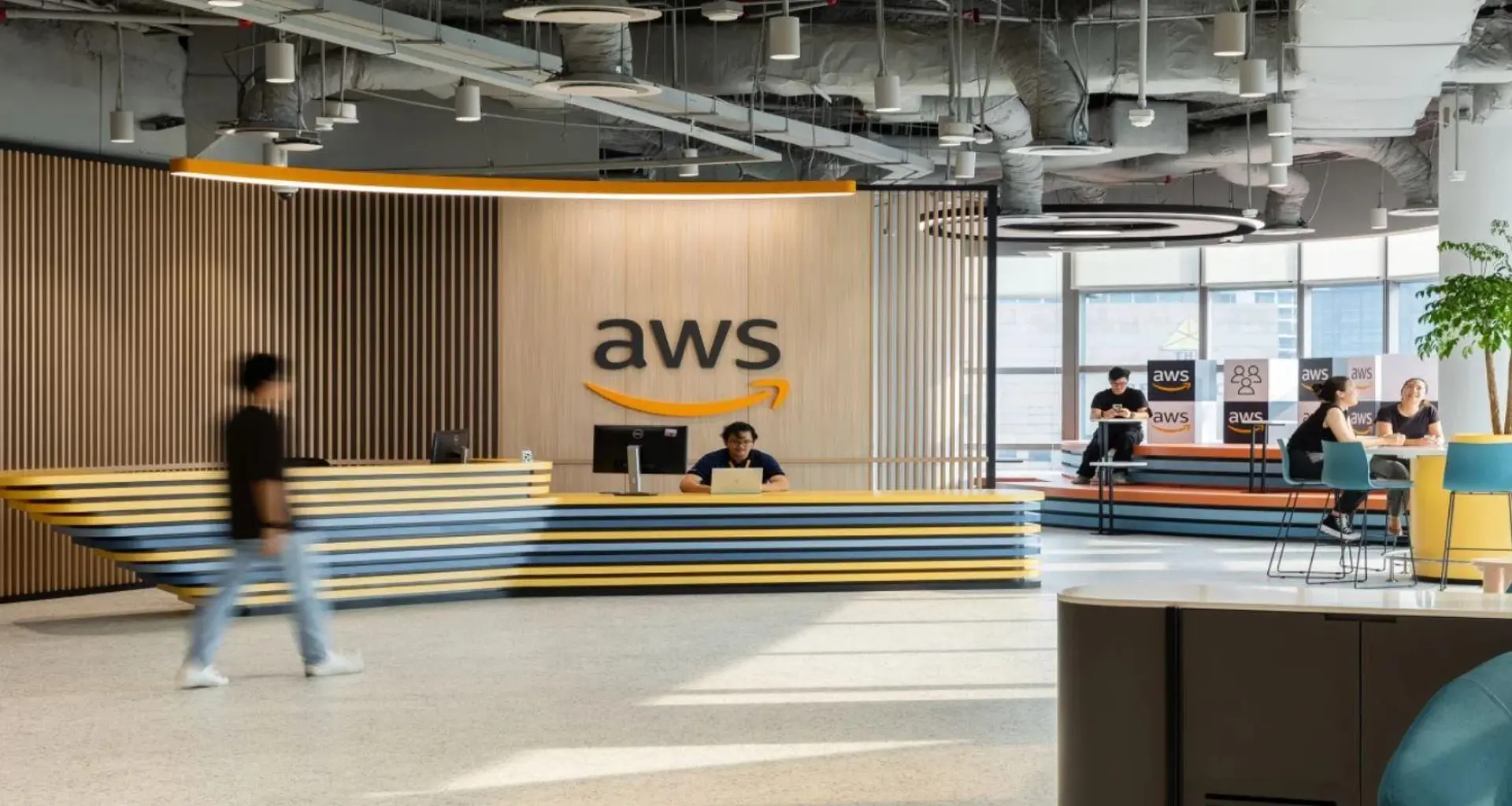[KUALA LUMPUR] Malaysia wants a bigger share of the growth as hyperscalers from Amazon Web Services (AWS) to Microsoft plough billions into South-east Asia’s cloud and artificial intelligence (AI) build-out.
The country signed RM1 billion (S$304.5 million) in digital-export memorandums of understanding (MOUs) at its DEX Connex event this week, although experts say Malaysia must quickly close three gaps – power security, clear data-centre policies and a deeper pool of skilled engineers – to catch up with Singapore, Vietnam and Indonesia.
“Malaysia is already well placed to support many of the opportunities highlighted at DEX Connex, thanks to strong regional connectivity and growing cloud investments from AWS, Google and Microsoft,” said Ben Scuffins, founder of NuboSearch, a Singapore-based search firm specialising in the data-centre sector.
“But the key areas still needing work are grid stability, renewable energy, smooth policy roll-out and expanding the local talent base.”
 Ben Scuffins, founder of NuboSearch, says: “Malaysia is already well placed to support many of the opportunities highlighted at DEX Connex, thanks to strong regional connectivity and growing cloud investments from AWS, Google and Microsoft.” PHOTO: NUBOSEARCH
Ben Scuffins, founder of NuboSearch, says: “Malaysia is already well placed to support many of the opportunities highlighted at DEX Connex, thanks to strong regional connectivity and growing cloud investments from AWS, Google and Microsoft.” PHOTO: NUBOSEARCH
He added that upgrades to grid capacity, new renewable pathways and a national data-centre policy due over the next 18 to 24 months could position Malaysia to handle more energy-intensive workloads.
Johor and the Klang Valley remain Malaysia’s twin data-centre clusters – each with distinct appeal. The Klang Valley attracts multinationals with dense fibre networks and talent pools, while Johor is emerging as the hyperscale frontier, said the Malaysian Investment Development Authority.
A NEWSLETTER FOR YOU
Friday, 8.30 am
Asean Business
Business insights centering on South-east Asia’s fast-growing economies.
Singapore, by contrast, “is very established, with a highly reliable grid, strict uptime standards and a deep pool of experienced talent that continue to attract hyperscalers”, Scuffins said.
“Malaysia is catching up quickly. As these gaps close, it can sit alongside Singapore as a more cost-efficient and scalable hub. MOUs are a good starting point, but without follow-through, they risk being little more than headline numbers,” he added.
Tan Aik Keong, founder and chief executive of Bursa-listed Agmo, a digital-solutions and application-development specialist, said: “Conversion depends on execution.” He added that Malaysia’s digital infrastructure has improved significantly in recent years, citing stronger compute power for AI, local cloud offerings by hyperscalers and new government policies such as the National Cloud Computing Policy.
“Talent remains the bigger challenge,” he said. “Initiatives such as Agmo Academy and MyMahir by TalentCorp are helping to train the next generation of professionals to keep pace with regional demand.”
 Tan Aik Keong, Agmo founder and CEO, says: “Initiatives such as Agmo Academy and MyMahir by TalentCorp are helping to train the next generation of professionals to keep pace with regional demand.” PHOTO: AGMO HOLDINGS
Tan Aik Keong, Agmo founder and CEO, says: “Initiatives such as Agmo Academy and MyMahir by TalentCorp are helping to train the next generation of professionals to keep pace with regional demand.” PHOTO: AGMO HOLDINGS
Pledges from Microsoft, Google and AWS running into the billions have already put Malaysia on the hyperscaler map, but whether it can deliver on power, policy and talent will determine if those bets pay off.
Malaysia Digital Economy Corporation announced on Sep 4 that 55 agreements were inked in the AI, cloud, fintech, data-infrastructure, smart-city and agritech segments under its DEX Connex 2025 series from August to September. These agreements involved 217 Malaysian firms and partners in Indonesia, the Philippines, Thailand and Vietnam.
Indonesia drew the largest interest, with 83 Malaysian firms securing 26 partnerships in AI, cybersecurity and digital infrastructure – underscoring Jakarta’s pull as a digital growth market.
The Philippines followed with 14 MOUs involving 49 Malaysian firms and 43 local partners, including a tie-up with Data Centre Incorporated. Thailand had 11 agreements, including a renewed pact with the Digital Economy Promotion Agency first signed in 2023 and witnessed by Prime Minister Anwar Ibrahim.
In Vietnam, four deals were signed in the fields of telecommunications, biotechnology and community platforms, such as IX Telecom’s partnerships with NetNam Corporation and Vietnam Posts and Telecommunications Group.
Since its launch in 2017, DEX Connex has generated RM47.1 billion in cumulative revenue and facilitated RM15.4 billion in exports under the Gain programme, supporting Malaysia’s goal for the digital economy to contribute 25.5 per cent of gross domestic product by 2030.

